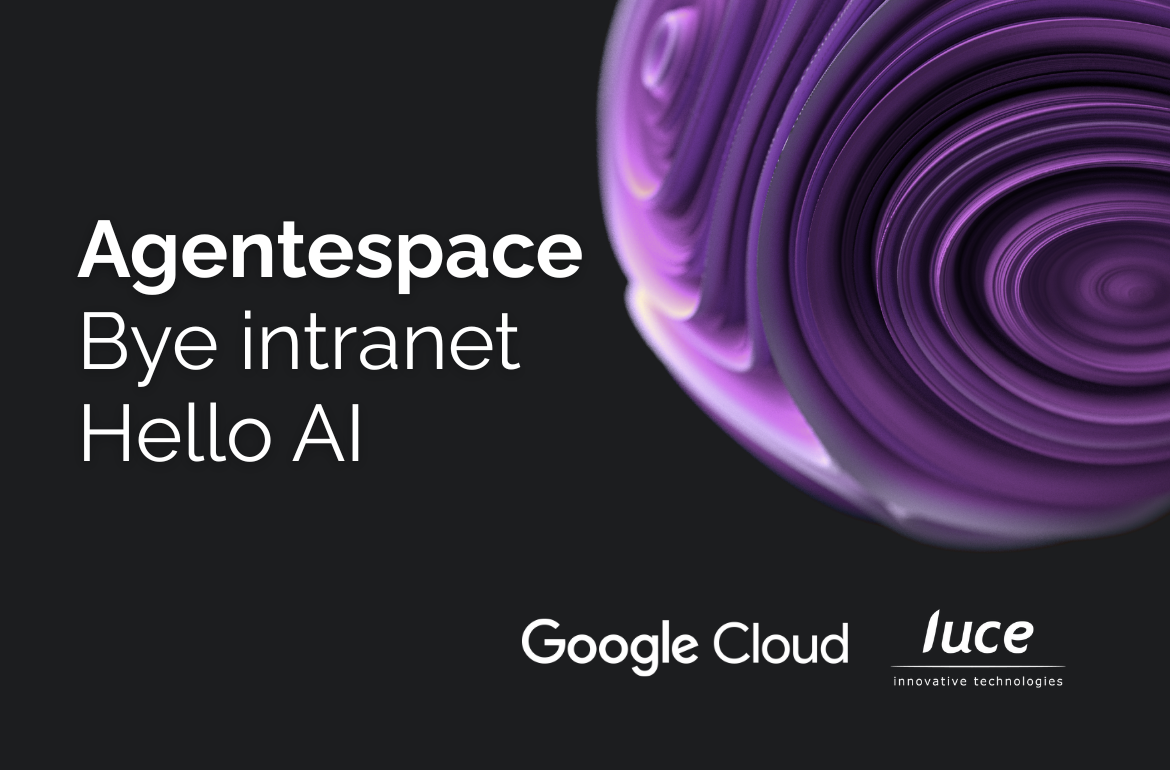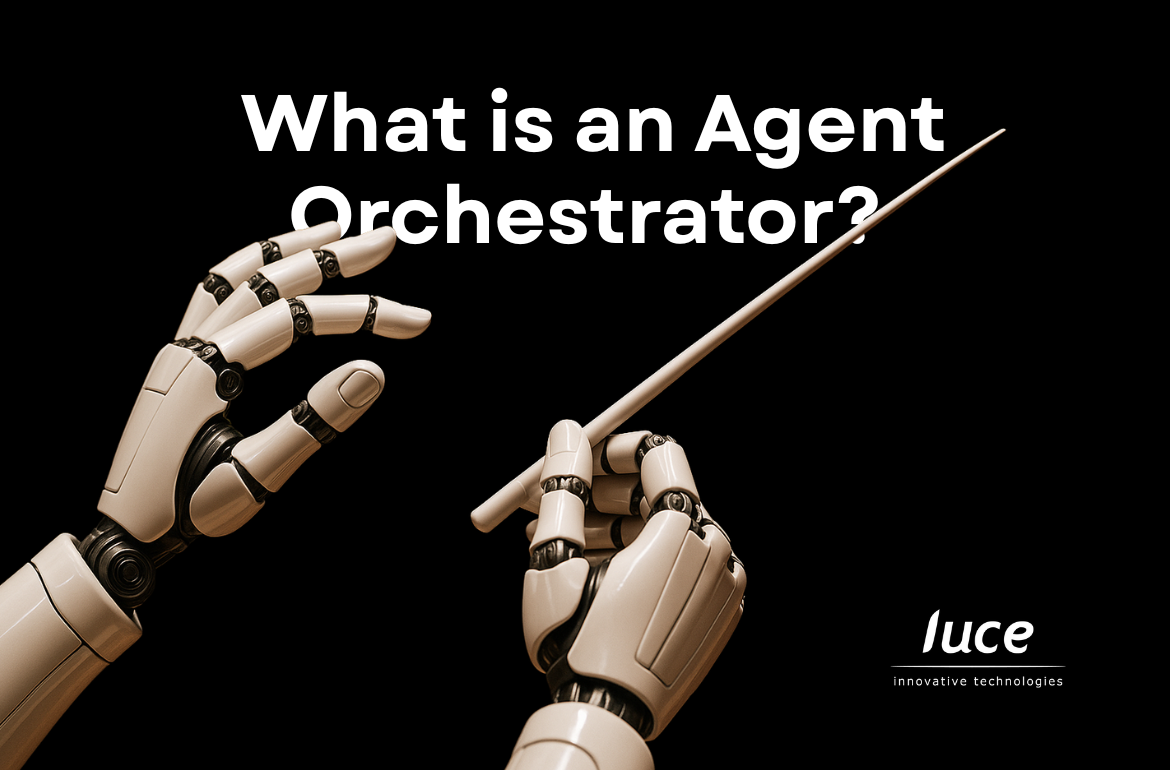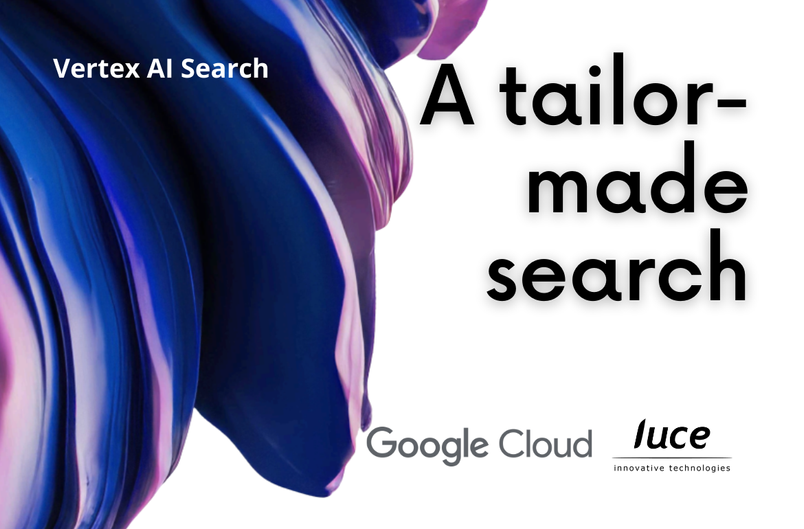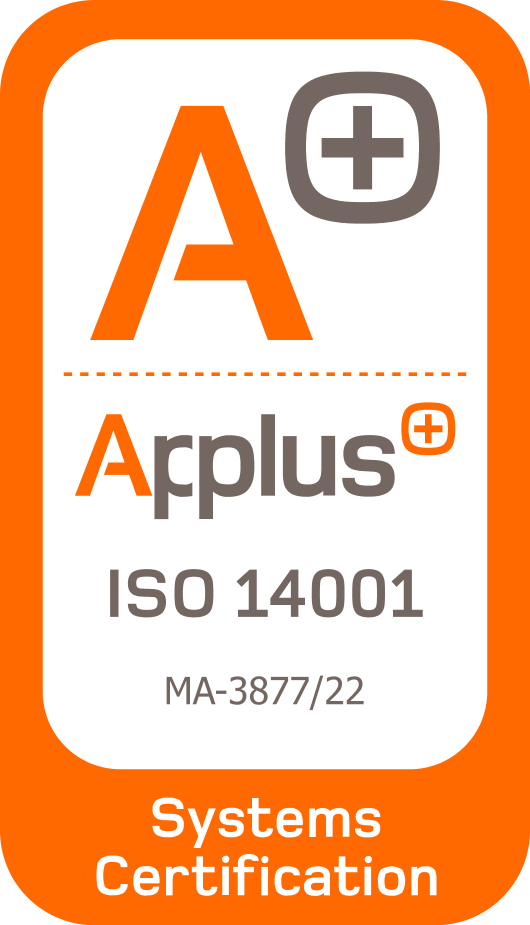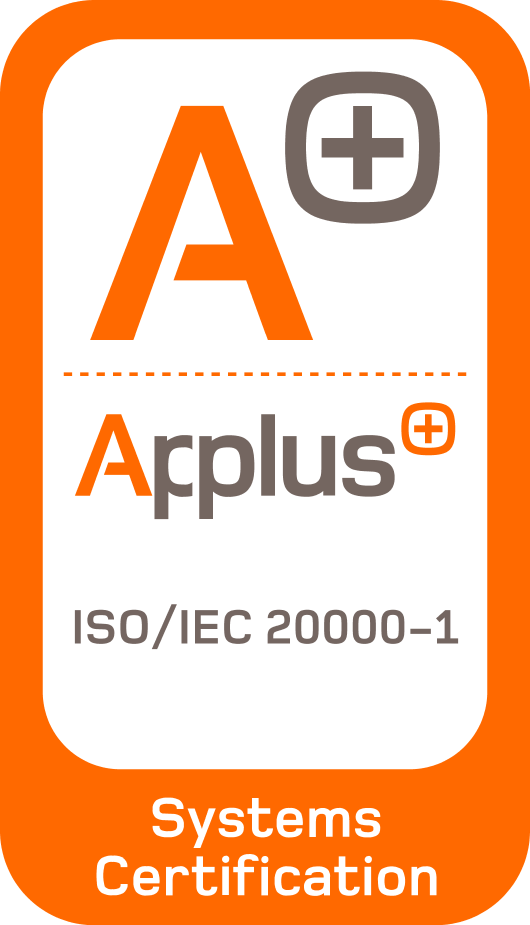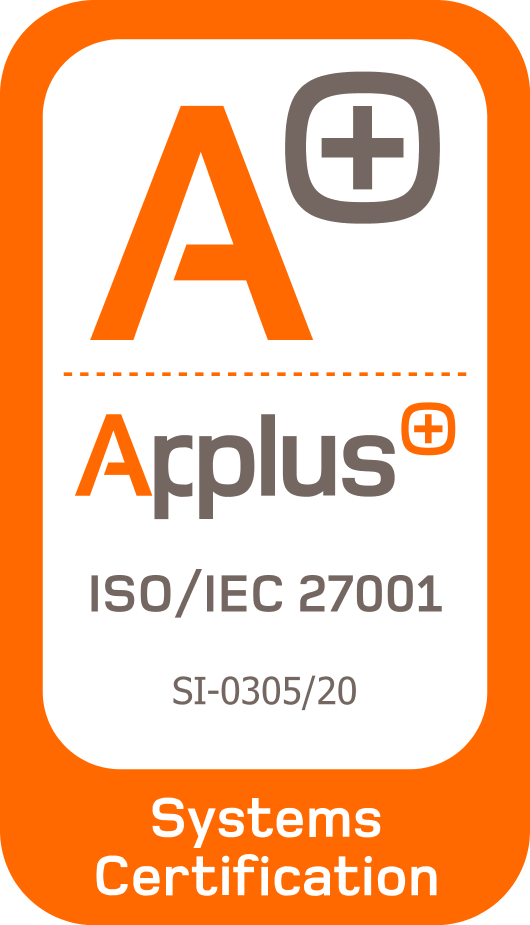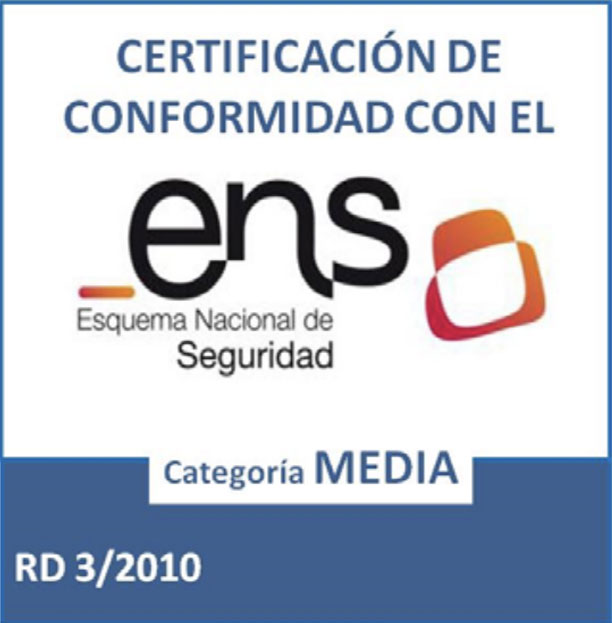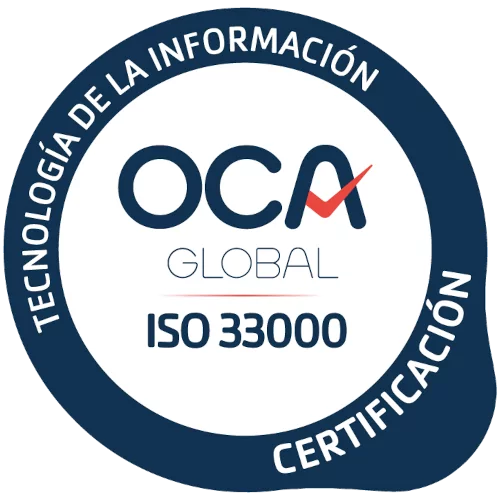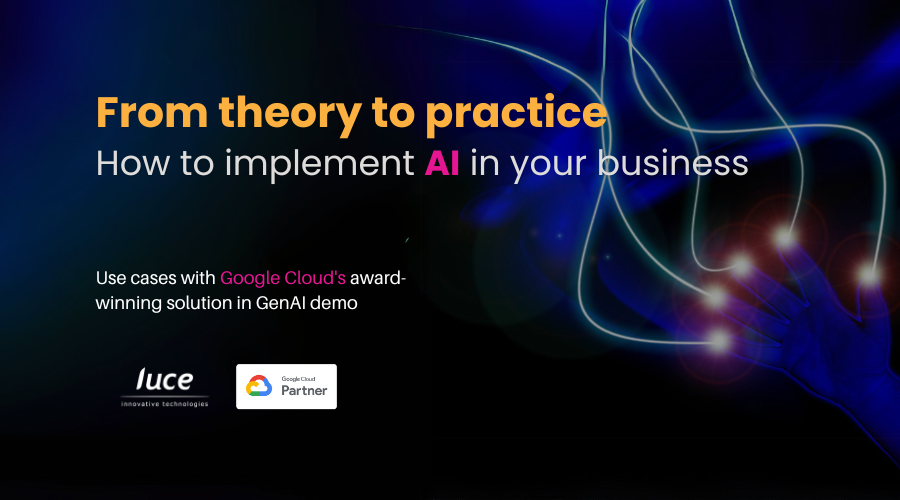
From theory to practice: how to implement generative AI in your business
New LIA use cases. Solution awarded by Google Cloud in GenAI demo
Given the success of our LIA solution, awarded internationally by Google Cloud as “Best Gen AI solution in the Value business and ROI category”, we decided to do a webinar to tell our vision of how to solve the challenge of a scalable Gen AI and adapting it to the reality of organisations.
Currently, most organisations are approaching this challenge with small pilots or use cases, which end up in yet another silo. Hence the idea of evolving these pilots into concrete actions and integrating generative AI into their daily operations in an effective way.
During the session, we explored inspiring use cases that showed how various organisations, such as Microsoft or AWS, are using generative AI to solve complex problems and generate added value. From an assistant that personalises searches, to research on how to map the human brain to advance the treatment of brain disorders, including how AI is revolutionising the gaming industry.
All organisations, public and private, face the challenge of speed and new technologies applied with artificial intelligence coming out every day. This evolution can be compared to the birth of the early days of the Internet, when the creation of the router preceded the founding of Google by just eight years, to the milestone where 50% of the population adopted the use of the network in just thirteen years.
According to McKinsey, today, 20% of all users regularly use generative artificial intelligence in at least one of its functions, with the technology sector standing out as the most advanced in its implementation.
While other technologies have taken longer to adopt, the rapid expansion of generative AI has seen CTOs and CTOs leading the way, setting a frenetic pace for its implementation in organisations. With employees increasingly engaged in its use, it is critical to pause and reflect on how we want to incorporate GGI and how we want to govern its influence on our operations.
The framework presented in the webinar provides guidance to address the fundamental challenges in implementing generative artificial intelligence (GII):
- Control: security to control critical aspects of data and information protection.
- Quality of the data used to train and deploy GGI, as well as the quality of the service offered.
- Cost, a determining factor, which includes considerations on the development, infrastructure and ongoing use of the technology.
- Capacity, which encompasses both the technology and the people required to implement and manage it effectively.
- Awareness, Ethics is essential to cover aspects such as intellectual property, market acceptance, and prevention of malicious use of IAG.
But to apply these new use cases and the framework holistically you need to have good AI governance, and that’s where Luce comes in to help your organisation define it based on your goals, AI strategy, technology and organisational culture in the face of change.
To accelerate this process, there is LIA, Luce Intelligent Assistant, a solution awarded by Google Cloud in its international GenAI demo, which encompasses all the technology and knowledge based on your business objectives, users and architecture, in a scalable way to scale your use case to a new level.
Welcome to the age of AI!
Luce IT, your reliable technological innovation company
“Creating happy teams”
The history of Luce is a story of challenges and nonconformity, always solving value challenges using technology and data to accelerate digital transformation in society through our clients.
We have a unique way of doing consulting and projects within a collegial environment creating “Flow” between learning, innovation and proactive project execution.
In Luce we will be the best offering multidisciplinary technological knowledge, through our chapters, generating value in each iteration with our clients, delivering quality and offering capacity and scalability so they can grow with us.
>>Would you work with Luce again?
